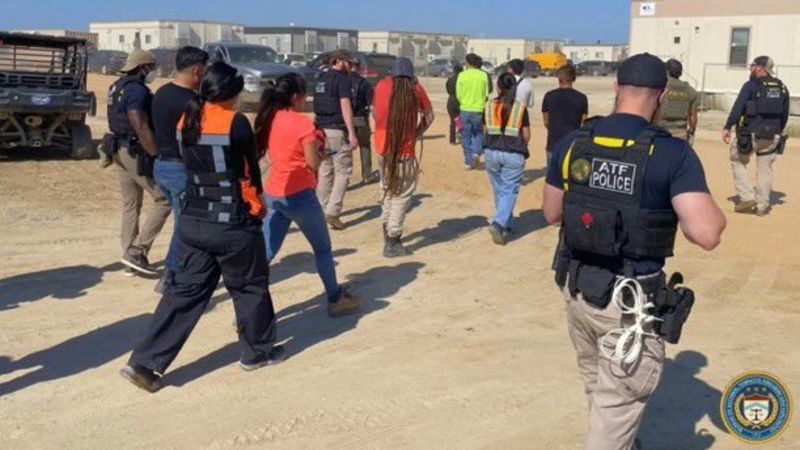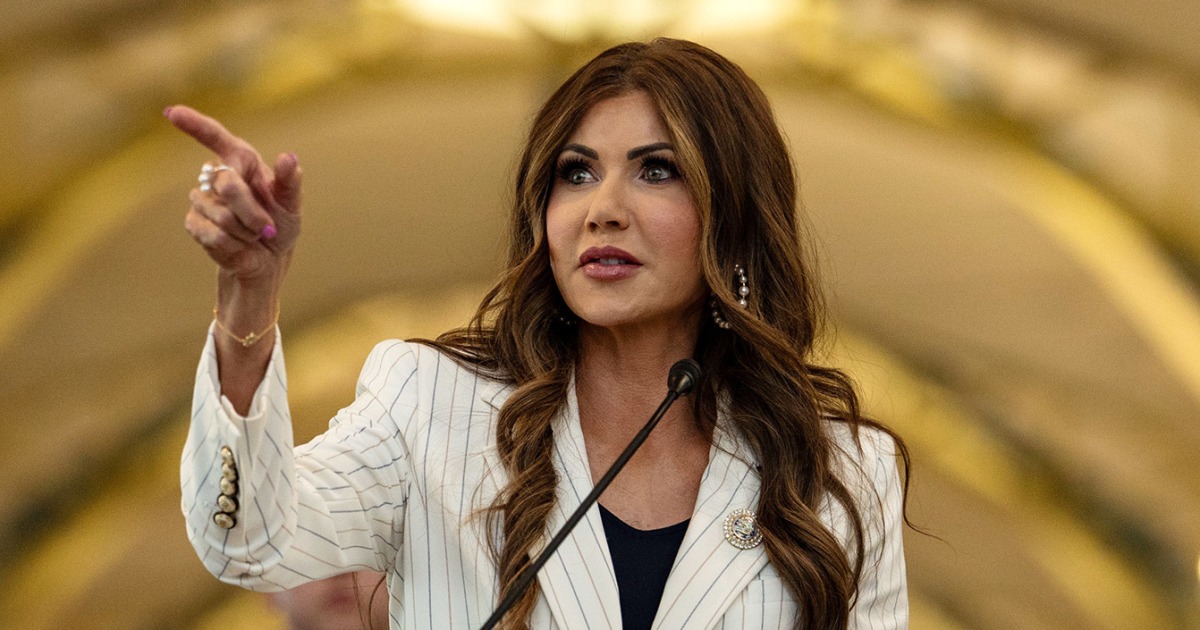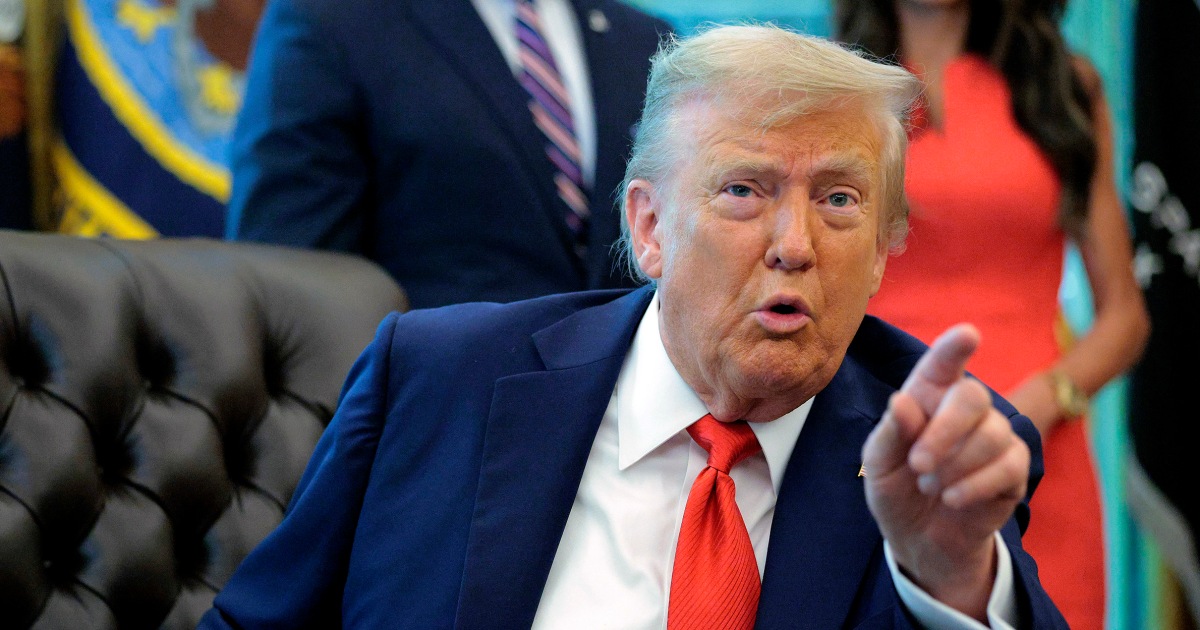When Lenny Schmidt arrived at his family-run nutrition bar manufacturing business in upstate New York Thursday morning, federal immigration agents were already there.
“The agents were swarming the plant,” he said. “There were probably over 100 of these agents, on four-wheelers, on foot, they had dogs.”
“They had surrounded the facility and forced their way through into the plant … using, I think, crowbars,” Schmidt, the company’s co-owner and vice president, told CNN’s Laura Coates on Friday.
By the end of the hourslong raid at Nutrition Bar Confectioners in Cato, a rural community about 30 miles northwest of Syracuse, dozens of employees had been detained.
The raid in Cato coincided with a similar operation in Ellabell, Georgia, where federal agents detained 475 workers, mostly Korean nationals suspected of living or working in the US illegally. It marked the largest sweep yet in the Trump administration’s immigration crackdown at worksites, which has increasingly targeted industries like manufacturing and agriculture that often depend on immigrant labor.
At the New York facility, agents sealed the exits, halting production and corralling workers for questioning.
“They cornered all of our workers, seemingly targeting just the Hispanic employees, separated everybody … later on, they ended up escorting them into vans,” Schmidt said.
Schmidt said his company, which has been operating since 1978, complies with all federal labor laws.
“We vet each person as best as we can in accordance with those laws and get the correct documentation to support this,” he said, adding that all his employees possessed the necessary documentation to legally work in the US.
ICE told CNN affiliate WSTM the raid was a “court-authorized enforcement operation,” but did not provide further details. Employees told WSTM that around 60 workers were detained. CNN has reached out to the agency for details.
New York Gov. Kathy Hochul sharply condemned the raid, calling it a cruel disruption to immigrant families.
“What they did was shatter hard-working families who are simply trying to build a life here, just like millions of immigrants before them,” the governor said.
‘Everyone got scared’
The operation began around 9 a.m., according to a Guatemalan worker who has been working on the production line for two years. Speaking on condition of anonymity, the worker described the mounting panic as agents surrounded the building and gathered up to 70 workers – many from Guatemala and Nicaragua – into the lunchroom, where the entire workforce was questioned.
“They surrounded the building. Everyone got scared.”
The worker, a legal US resident, said ICE agents neither showed warrants nor explained the reason for the raid.
“They went straight to the workers,” the employee said. “They asked what country we were from, if we had permission to be in the US. They demanded papers.”
After showing his identification card, the worker was released within half an hour, but others, including coworkers with valid work permits, were taken into custody, he said.
CNN contacted the Department of Homeland Security and Immigration and Customs Enforcement to find out if the detainees had valid work permits and awaits a response.
Some employees who were released from detention returned to the plant almost immediately, Schmidt said.
“It’s heartbreaking … some of them came back to work. I remember seeing somebody punching the clock and I walked up to him and I couldn’t believe my eyes. So I shook his hand and gave him a hug,” he said.
Production at the plant came to a standstill during the raid, but Schmidt said operations have resumed – though at reduced capacity.
“It’s going to slow us down probably half speed or just less until we get hopefully some of these workers back,” Schmidt said, adding they will also start the hiring process for new workers this weekend.
“What makes us successful is having these wonderful workers,” he said. “We hope and pray for our workers to be safe and to return home to their families and, hopefully, back to work.”

https://www.cnn.com/2025/09/06/us/cato-new-york-immigration-raid-business-owner-hnk








